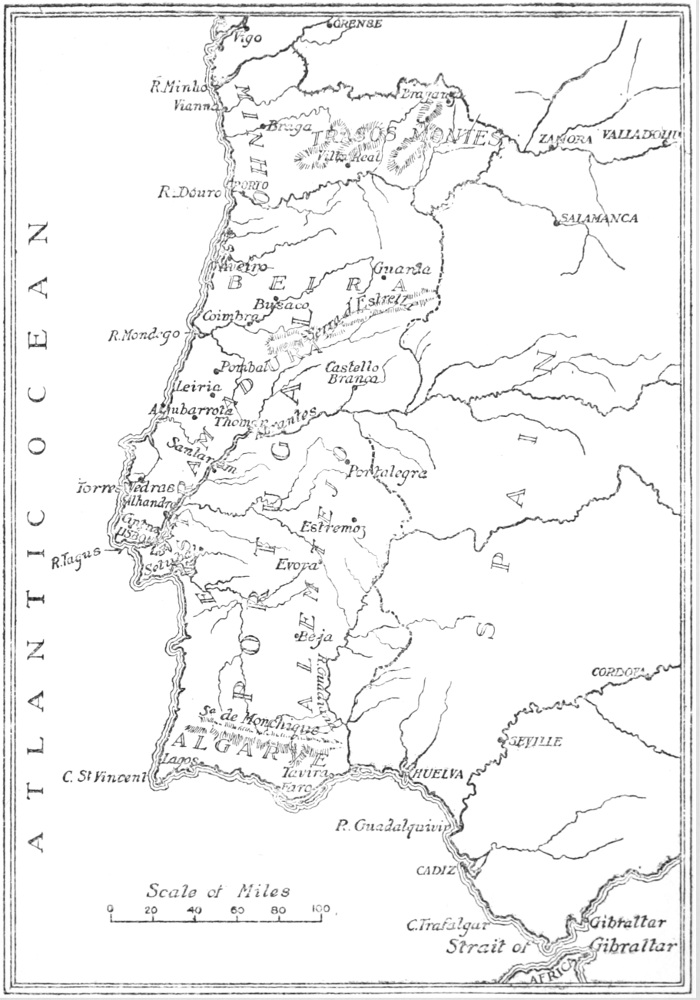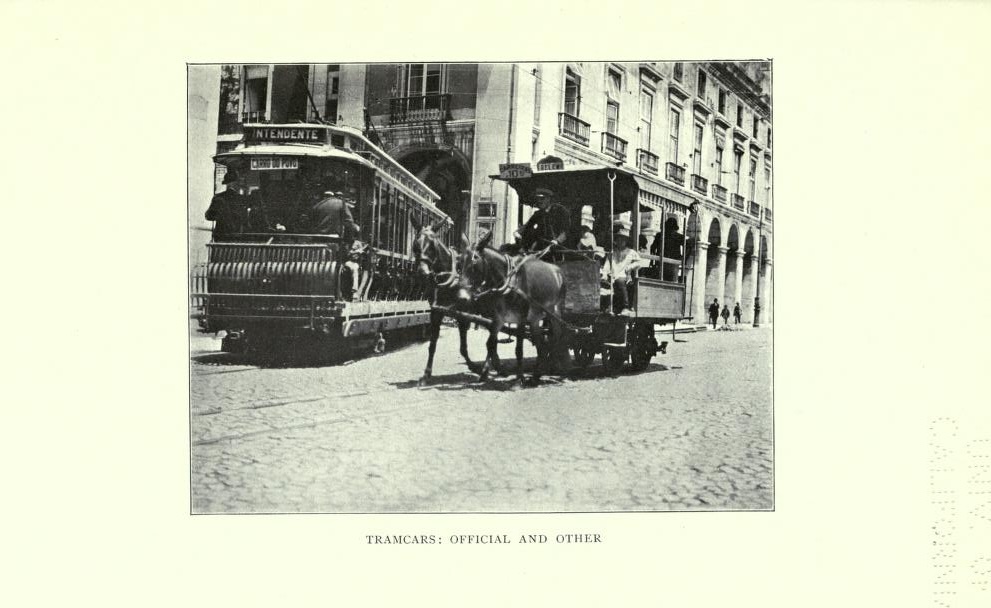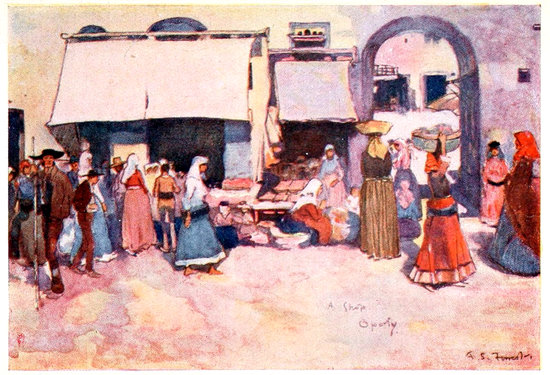 As a master’s degree student in Portuguese Studies, I was beyond grateful when I was given the opportunity to collaborate on a project that revolves around two of my main personal passions: literature and travelling. The “Anglophone Travellers in Portugal” project took me on an exciting and challenging year-long journey through anglophone written texts about travelling in Portugal, from the 18th to the 20th century. Reading, analysing and reflecting on these works made me look at my home country under a different light and brought a new meaning to my idea of “travel writing”.
As a master’s degree student in Portuguese Studies, I was beyond grateful when I was given the opportunity to collaborate on a project that revolves around two of my main personal passions: literature and travelling. The “Anglophone Travellers in Portugal” project took me on an exciting and challenging year-long journey through anglophone written texts about travelling in Portugal, from the 18th to the 20th century. Reading, analysing and reflecting on these works made me look at my home country under a different light and brought a new meaning to my idea of “travel writing”.
My focus as a junior researcher was helping to develop the digital dimension of the project, with the goal of making it available - and interactive - for anyone who might be interested in what anglophone authors had to say about Portugal. I worked with the database of the project for several months, coming up with new ways to organise and view the information collected.

What has been most interesting about this experience is not only the stories these texts directly tell us, but also the considerations we can make of them as a whole. Most of the works were written by men – a testimony of the gender inequality women writers have always been subject to. Military men often wrote during their military endeavours – providing us with a unique perspective on the Portuguese territory, culture, and people. Our team is currently working together to develop a website where we will be able to tell these stories and share them with the world.
 Collaborating on this project has made me feel like a traveller myself, constantly motivated to grow and face the challenges that come my way. If there’s one thing I can take from this experience (although there are many), it’s that no matter how much time it passes and where we go to, the way we think, write and travel says more about the world than we can imagine, but it’s up to us to give meaning to all of it.
Collaborating on this project has made me feel like a traveller myself, constantly motivated to grow and face the challenges that come my way. If there’s one thing I can take from this experience (although there are many), it’s that no matter how much time it passes and where we go to, the way we think, write and travel says more about the world than we can imagine, but it’s up to us to give meaning to all of it.
